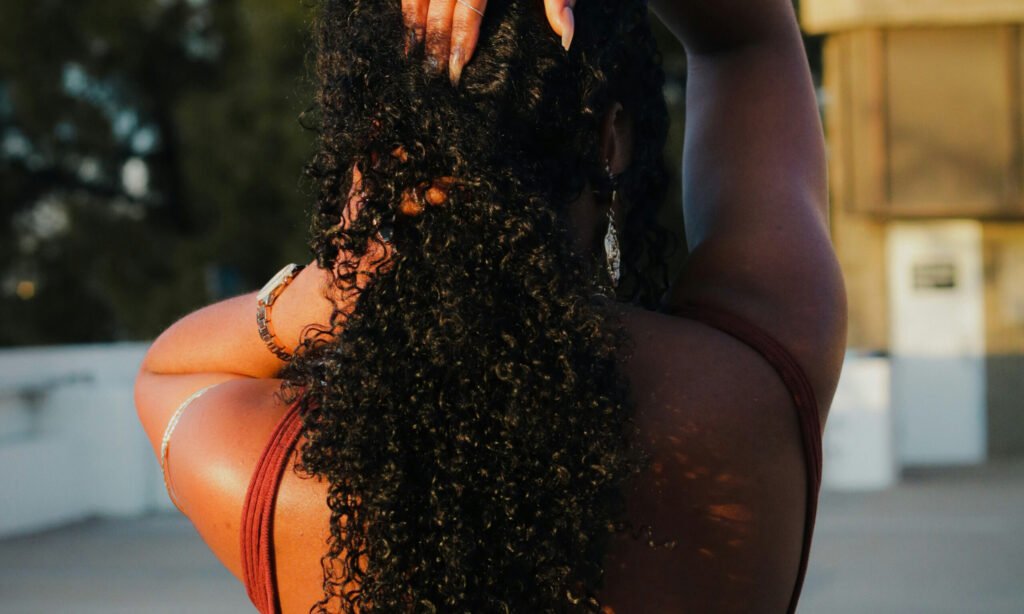Recent studies on hair loss shed light on frontal fibrosing alopecia, a condition predominantly affecting middle-aged women. The research revealed a correlation between hair loss and contact dermatitis triggered by a common chemical found in leave-in conditioners and anti-frizz products. This discovery prompts the question: Could these products be contributing to hair loss?
Featured Experts
- Daniel Schlessinger, MD, a board-certified dermatologist in Omaha, NE, and co-author of the alopecia study
- Michelle Henry, MD, a board-certified dermatologist in New York
- Marianna Blyumin-Karasik, MD, a board-certified dermatologist in Davie, FL
- Bertha Baum, MD, a board-certified dermatologist in Aventura, FL
New Findings Uncover Surprising Link
Dr. Daniel Schlessinger, a dermatologist from Omaha, NE, and co-author of the study, shared, “Hair loss is commonly attributed to internal factors like hormones, aging, or autoimmune disorders. However, external factors can also play a role.” He further explained how frontal fibrosing alopecia, characterized by a receding hairline and eyebrow loss in middle-aged women, often exhibits signs of contact dermatitis.
Dr. Schlessinger highlighted, “Our recent study revealed that many patients with this type of hair loss showed allergic contact dermatitis reactions to a specific chemical commonly found in conditioners and hair products for its anti-frizz properties.”
Do Anti-Frizz Products Contribute to Hair Loss?
Dr. Schlessinger emphasized that a definitive association has not yet been established. However, he noted the intriguing possibility that a chemical frequently used in leave-on conditioners might be linked to a prevalent form of hair loss.
While the direct impact remains uncertain, it is evident that contact dermatitis can play a role in hair loss. Therefore, discontinuing the use of any product causing scalp irritation or inflammation is advisable.
Importance of Scalp Health for Hair Growth
“Similar to the gut microbiome, the scalp microbiome is crucial in regulating the scalp environment, influencing aspects like hair growth and scalp wellness,” shared Dr. Michelle Henry, a dermatologist from New York.
Dr. Marianna Blyumin-Karasik from Davie, FL, warned against neglecting scalp health, as it could lead to issues like scalp folliculitis or pimples with slow-healing scabs, indicating microbiome disruption.
Dr. Bertha Baum, a dermatologist in Aventura, FL, stressed the significance of scalp health in overall hair health, emphasizing how inflammatory conditions, scalp dryness, and dandruff can impact hair growth and cause itching and hair loss in certain scenarios.

